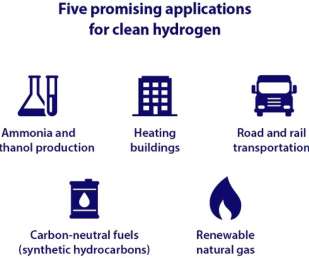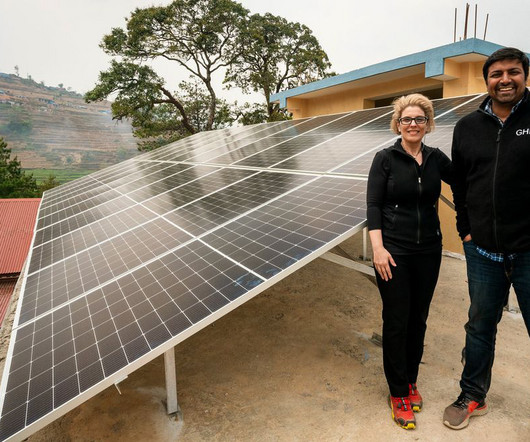Purdue, EPFL team propose Hydricity concept for integrated co-production of H2 and electricity from solar thermal energy
Green Car Congress
DECEMBER 16, 2015
Researchers from Purdue University and École Polytechnique Fédérale de Lausanne (EPFL) in Switzerland are proposing a new integrated process involving the co-production of hydrogen and electricity from solar thermal energy—a concept they label “hydricity”. —Gençer et al.




























Let's personalize your content